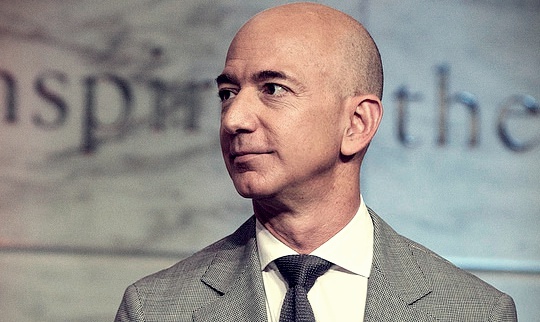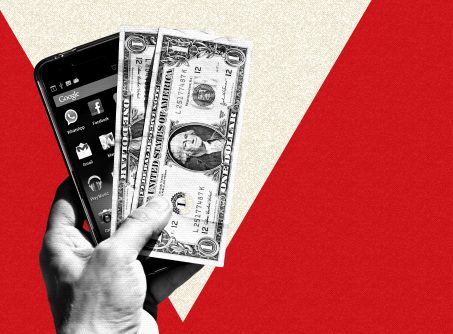Amazon’s founder Jeff Bezos has faced criticism for his recent charitable initiatives. But in case you missed it, philanthropy scholar and commentator, Benjamin Soskis, wrote in Bezos’ defense over at the Washington Post earlier this month.
A day before Amazon announced its purchase of Whole Foods, Bezos went to Twitter to ask for suggestions as he reassessed his “philanthropic strategy.” Bezos made it clear that, in contrast to much of his work which focuses on long-term strategies, he wants his philanthropic activities to focus on “helping people in the here and now—short term.”
While the established tone of the philanthropic world stands against this sort of “here and now” charity and in favor of larger-scale, systematic work, Soskis argues that Bezos’ charity is neither ineffectual nor outdated.
Soskis outlines the ancient religiously-rooted understanding of charity, and the historical and philosophical change that occurred in the development of modern philanthropy since the Enlightenment. In this historic transition, charitable activity moved away from personal giving and helping one’s neighbor with short-term needs, and toward more scientific, utopian, large-scale initiatives – “philanthropists are supposed to pursue systems change, long-term impact and the extirpation of root causes.” This is the prevalent mindset of the philanthropic establishment.
Soskis argues that it is Bezos’ critics whose way of thinking is becoming outdated. “Bezos’ tweet,” he writes, “is one intimation that charity might be making a comeback. This probably won’t mean that homeless shelters around the nation will soon be flush with money. But it does suggest a mounting challenge to philanthropy’s moral hegemony by a powerful, alternative ethic.”
Soskis identifies recession and societal disenchantment with capitalism and the “deified marketplace” as one possible cause of this resurgence in traditional charity. With localism and community interest ever on the rise contra “hubristic, bureaucratic and unresponsive” governmental agencies and powers, the “proximate encounter with human suffering” seems more and more appropriately met with the immediate and personal aid model of charity. Bezos, Soskis would argue, is not clinging to the past, but offering his contribution to a natural resurgence already in full swing.
Photo credit: national museum of american history via Visualhunt / CC BY-NC







1 thought on “Soskis defends Jeff Bezos: Charity, not large-scale philanthropy, is the future of giving”